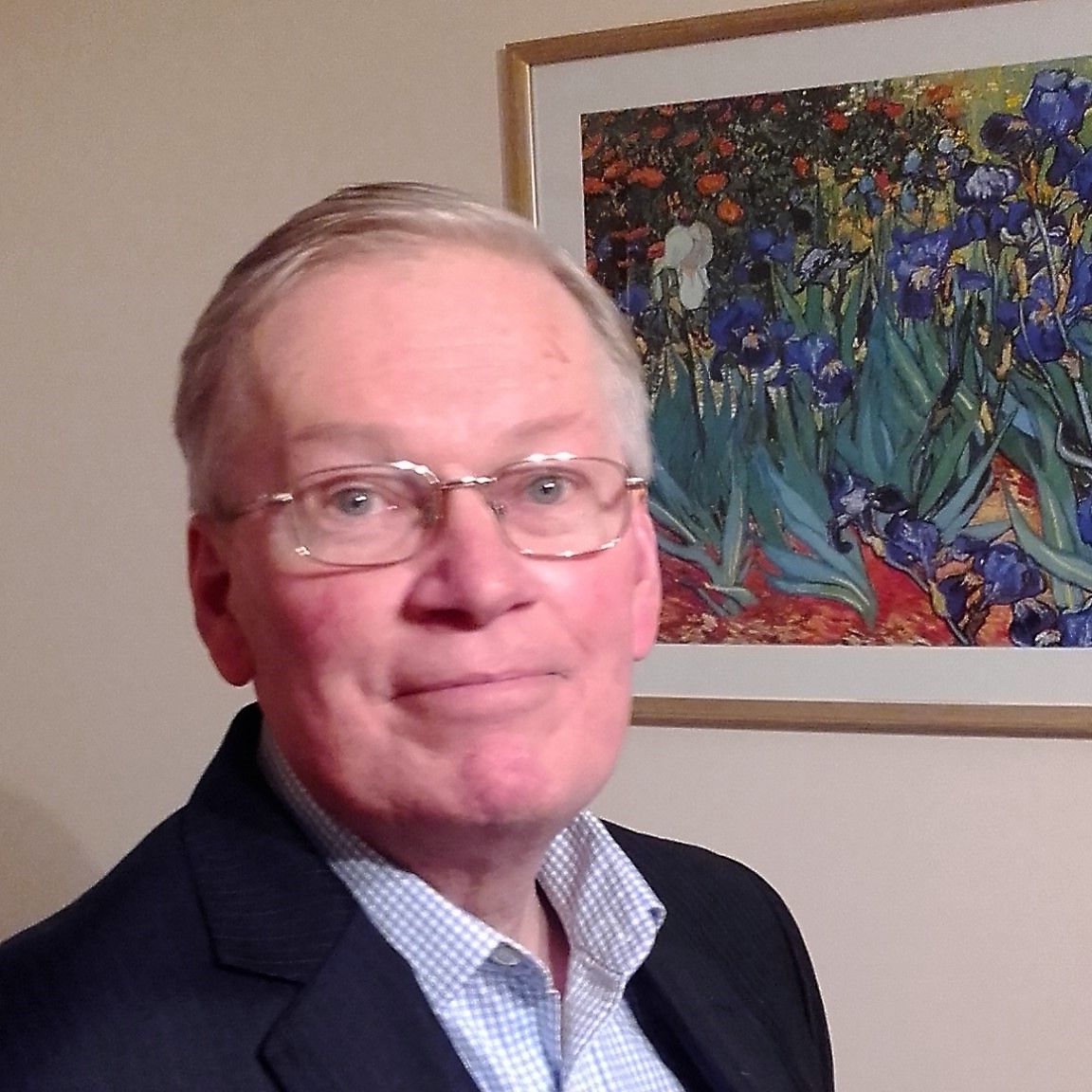What makes a great team?
Surprisingly, we know quite well the essential dynamics necessary for outstanding team performance, courtesy of Google and its Project Aristotle program.
Unsurprisingly, the key ingredients are all soft skills – psychological safety, dependability, structure and clarity, meaning and impact.
After analysing decades of team performance, and spending a bundle trawling through the data, the researchers at Google found that these five characteristics were the ones that leaders must nurture within their teams to achieve maximum effectiveness.
Brené Brown has a single word that captures all of these characteristics – vulnerability.
Dr Brené Brown is a research professor at the University of Houston and a visiting professor of management at the University of Texas in Austin. But she’s so much more than just another professor, she’s a star.
Brené has written nine books, several of them bestsellers, and YouTube videos of her delivering speeches or being interviewed have been watched by tens of millions of viewers.
In May 2019, she became the first researcher to have a speech presented on Netflix.
Brené has become synonymous with discussion about vulnerability, courage, shame and empathy.
Typically, we think of these emotions affecting us at personal level, but as we learn from Brené in this interview with LinkedIn News editor-in-chief Daniel Roth, vulnerability has the same power to liberate and energise teams as it does individuals.
She tells us that so many of the leaders she’s worked say they need “all of everyone in the team” and that their teams lack innovation, creativity and trust.
To build an outstanding team, Brené says that leaders must create a team culture that nurtures the psychological safety of team members and embraces the wholeness of our humanity.
Brené
has a brilliant team-building checklist for leaders:
- don’t tap out of hard conversations
- hold people accountable instead of blame or shame
- talk to people, not about them
- act like the learner, not the knower
- not there to be right but to get it right
- it’s about improving not proving.
The interview goes for over 30 minutes and covers a wide scope of topics. We learn that her concept of vulnerability is the emotion we experience at times of risk, emotional exposure and uncertainty. “It’s the time to show up when we can’t control the outcome.”
When pressed by Daniel, Brené tells us she believes that curiosity will be the most valuable future mindset.
For anyone who is new to Brené Brown, the interview is an ideal introduction to one of the world’s most influential researchers and commentators.
In the meantime, here’s a link to learn more about Google’s Project Aristotle
What Google learned in its quest to build the 'perfect' team (cnbc.com)
Brené Brown: The Call to Courage

